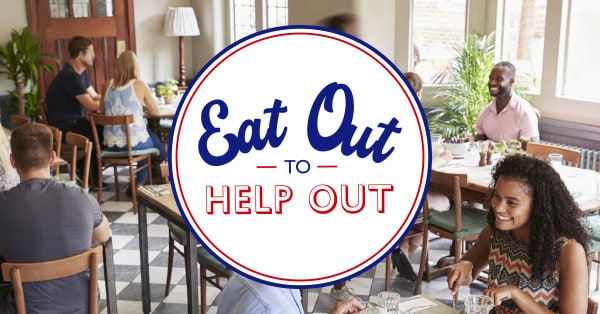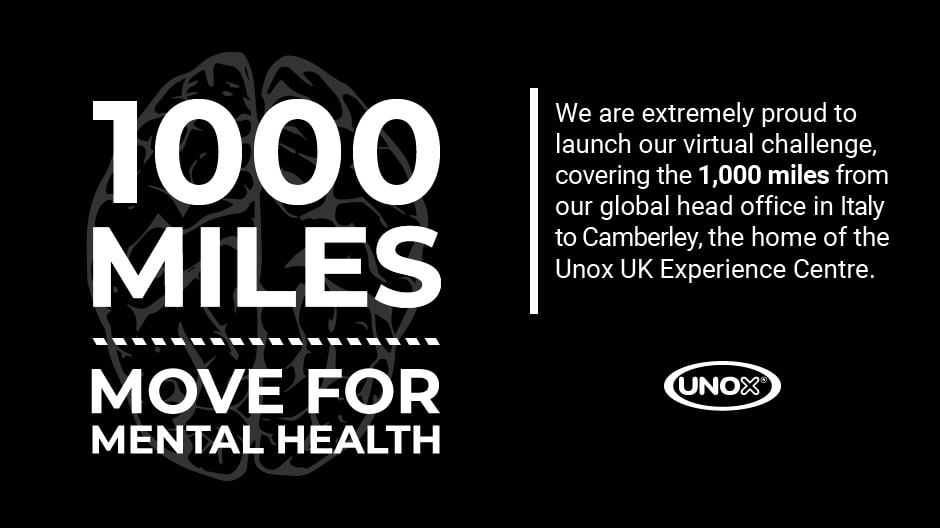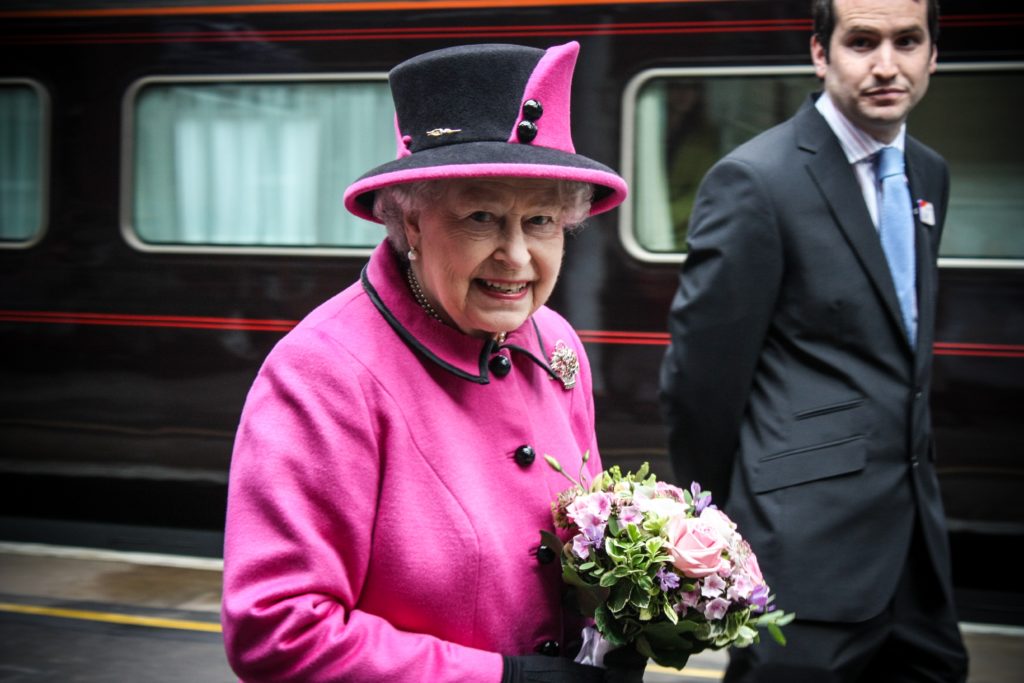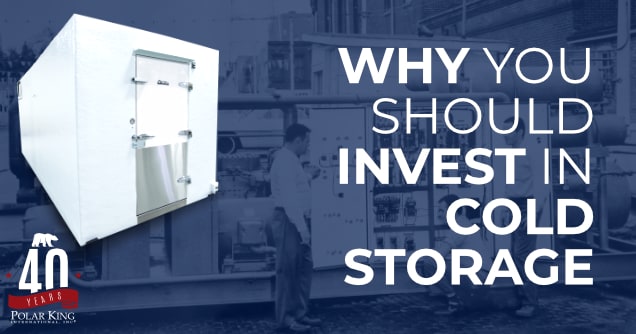
Launched on 3 August, the UK government’s Eat Out to Help Out scheme offers a 50% discount of up to £10 per person on eating and drinking in participating establishments on Mondays, Tuesdays and Wednesdays throughout August.
Diners can receive a discount on their bill in over 72,000 participating restaurants, cafes, bars and pubs up to £10 per person, excluding takeaways and alcohol. The discount is deducted from the bill and the establishment can reclaim the amount online. There is no minimum spend and the discount can be used unlimited times.
According to some experts, it could represent a lifeline for a suffering hospitality industry, while others warn the benefits of the scheme must compete with the public’s continuing nervousness about safety.
As part of the government’s overall ‘Plan for Jobs’, the scheme aims to protect the jobs of 1.8 million chefs, waiters and restauranteurs, according to the UK chancellor’s statement. It is hoped the discount will incentivise people to return to eating out and restore confidence in the hospitality sector.
A creative and positive plan
The scheme has received support from the sector. “It is encouraging to see our sector being recognised for its importance and the Treasury delivering decisive support quickly,” Kate Nicholls, chief executive of UKHospitality, told the Financial Times.
Since the scheme’s launch, Nicholls has been quick to praise it on Twitter: “#EatOutToHelpOut – has been the difference for many of our local businesses reopening and bringing teams back,” she posted.
Consultant Chris Stern FCSI, managing director of Stern Consultancy, is optimistic about the scheme’s potential. “It’s certainly no panacea, but thanks to Kate Nicholls the government have come up with a creative and positive plan,” he says. “I think that maybe once people experience the huge difference it can make to their bill, it may have the desired effect.”
Stern points out that despite critics’ complaints about the scheme’s one-month limit and the negative impact on takeaways, it is more helpful to focus on the positives. “We need to learn to live with the virus, and this has to be a good start to encourage a change of attitude,” he says.
Small business owners are also hopeful. “This scheme is a lifeline for building consumer confidence and putting much-needed money back into our business,” Rich Baker, owner of Flat Earth Pizza, Hackney, told The Guardian.
“If it encourages people back in,” says Matthew Merritt-Harrison FCSI of Merritt-Harrison Catering Consultancy and chair of FCSI UK & Ireland, “then it may change their behaviours. If they go to a restaurant that’s got really good Covid-safe systems in place, it will build confidence. And it’s building confidence that is needed to continue the growth in sales.”
An appropriate measure?
Despite optimism, it is difficult to anticipate the impact of an unprecedented scheme. Jim Harra, chief executive of HMRC, wrote to the chancellor about the difficulty of ascertaining the value for money of the proposal, due to the “highly uncertain” situation with “insufficient time” to gather further evidence and opinions.
It is hard to predict how the public will behave. “It’s a case of ‘fear of infection vs a great eating out offer’ – which has the stronger appeal?” commented UK foodservice sector analyst Peter Backman on LinkedIn. “I am concerned it is the former.”
Merritt-Harrison wonders whether the government’s money could have been more appropriately targeted. For example, “business rates for retail catering because that directly goes to the hospitality industry. The extension of the furlough scheme for specific groups may have been better and may protect jobs in the longer run.” He also mentions that the scheme may conflict with the obesity agenda.
Furthermore, given the current situation, not all businesses are able to benefit.
In his recent Weekly Briefing Report, Backman discusses why many of the roughly 130,000 eligible establishments have not signed up. “One answer,” Backman says, “is because they are no longer in a position to do so. The number of restaurant closures due to Covid is not at all clear at the moment. And the numbers that are permanently closed is even less certain.”
Will Broome, CEO and founder of retail technology company Ubamarket, says that safety measures will be crucial to the scheme’s success, “especially with the possibility of a second wave of the pandemic arriving in Europe”.
Encouraging customers back on-site “can only really be successful if the venues themselves are fully prepared to offer a safe, convenient and enjoyable experience for their customers,” says Broome. “If such an environment cannot be provided, then few customers will return and confidence will likely be damaged further.”
Broome describes the importance of tech-based solutions, such as his company’s hospitality app uBARmarket, both now and as the market adapts post-Covid.
Some businesses are going the extra mile, at their own cost, to make the most of the scheme. “Some are extending it to the end of September, others are including alcohol in the offer,” says Backman.
Degrees of success
Experts remain cautious when predicting the scheme’s appeal to customers and the longevity of its success.
“In my view, the scheme should achieve its objective of encouraging more business for restaurants by persuading ‘gung-ho’ customers to eat out on Mondays to Wednesdays as well as at the weekend, and by encouraging a good number of ‘borderline’ customers, who are just a bit fearful of infection, to take advantage of a great offer. Whether this will be enough to kick start business in the sector, or merely provide a welcome fillip in August, is still to be seen,” says Backman.
“The acid test will be whether by September people have found the confidence to be out and about as they were before – not just for our industry but generally,” says Stern.
A turning point
The scheme comes as the hospitality sector experiences a higher proportion of closures and furloughs than any other due to the coronavirus pandemic. Spending on restaurants and fast food was down around 65% in May 2020 compared to May 2019, according to government figures, and major operators such as Pizza Express have recently announced massive financial restructuring.
However, the outlook is not entirely bleak. Broadbean Technology indicates that the numbers of jobs posted at the beginning of July were up 7% on June. “It certainly looks like the sector has reached a turning point at last,” says Alex Fourlis, managing director of Broadbean Technology. “And we hope that the early signs of companies in the sector once again hiring continue throughout the rest of the summer.”
Positive response to the scheme is already evident, with the owner of The Pickled Ploughman pub in Adderbury, Oxfordshire, tweeting: “When a country pub has over 200 covers booked (so far) Monday-Wednesday, you know that #EatOutToHelpOut is just inspired thinking. Thank you @RishiSunak.”
Despite inevitable uncertainty, Eat Out to Help Out has the potential to provide a genuine boost to the hospitality industry at this critical time, providing establishments and customers are able to take advantage of it.
Juliet Martin




